The thinning of hair in 8-month-old babies may be related to zinc deficiency, iron deficiency, calcium deficiency, insufficient protein intake, and genetic factors. Parents are advised to seek medical attention promptly to check their trace element levels. After ruling out pathological causes, dietary adjustments can be made to improve the condition.
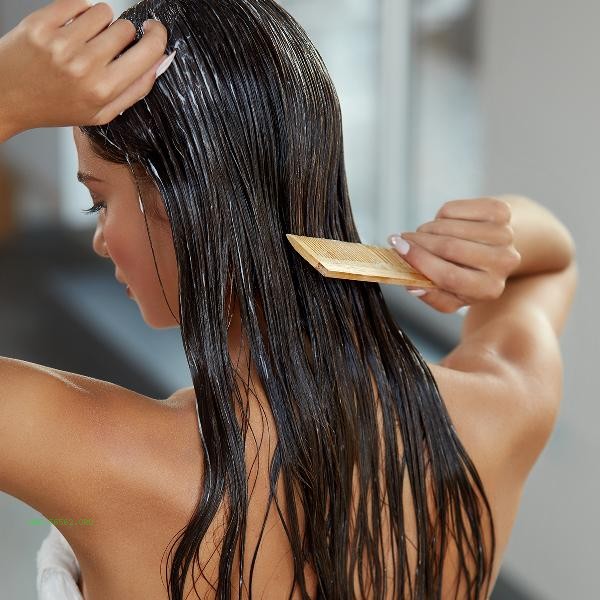
1. Zinc deficiency
Zinc is involved in hair follicle cell differentiation, and zinc deficiency can lead to disrupted hair growth cycle. Breastfeeded babies can be supplemented with zinc containing foods such as oysters and lean meat by the mother, and formula feeding can choose zinc fortified milk powder. Mild zinc deficiency is characterized by soft and yellowish hair, which may be accompanied by symptoms of decreased appetite.
2. Iron deficiency
Iron is an important raw material for the synthesis of hemoglobin, and iron deficiency anemia can affect the oxygen supply to hair follicles. After 6 months of age, babies have an increased demand for iron and need to add complementary foods such as liver mud and egg yolks in a timely manner. Hair thinning caused by iron deficiency is usually accompanied by pale complexion, fatigue, and other symptoms, which can be diagnosed through blood routine examination.
3. Calcium deficiency
Calcium affects the proliferation of hair follicle stromal cells, but simple calcium deficiency can directly lead to hair loss. The absorption rate of calcium in breast milk is relatively high, and it is recommended that breastfeeding mothers consume 800 milligrams of calcium per day. If accompanied by symptoms such as waking up at night and excessive sweating, it is necessary to supplement vitamin D under the guidance of a doctor to promote calcium absorption.
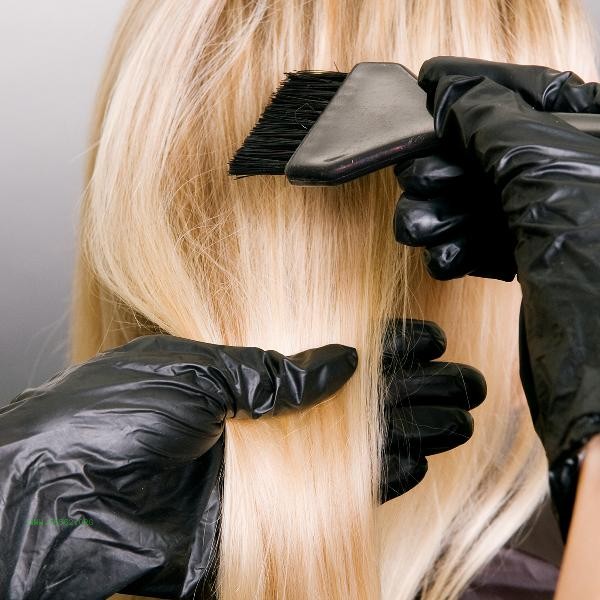
4. Protein deficiency
The main component of hair is keratin, and long-term insufficient protein intake can lead to dry and easily broken hair. During the stage of adding complementary foods, it is important to ensure that 1-2 meals of high-quality protein containing foods are consumed daily, such as chicken puree, tofu, etc. Premature or low birth weight infants should pay special attention to protein supplementation.
5. Genetic factors
Some babies are affected by their parents' hair volume genes and belong to physiological hair thinning. This type of condition usually manifests at birth, with few hair follicles but normal numbers, and gradually improves with age. If there is a history of hereditary hair loss in the family, regular monitoring of hair growth is necessary.
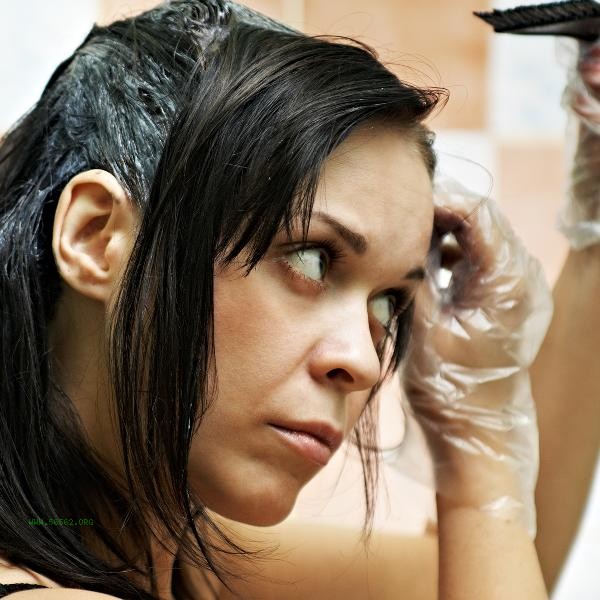
In daily care, it is important to choose baby specific shampoo products to avoid excessive cleaning. Wash your hair 2-3 times a week and keep the water temperature around 38 ℃. When combing hair, use a soft bristled brush to gently comb along the direction of hair growth, promoting scalp blood circulation. Take good physical sun protection when going out to avoid UV damage to hair follicles. If there is still no significant improvement in hair after 18 months of age, it is recommended to seek professional evaluation from a pediatric or pediatric health department.

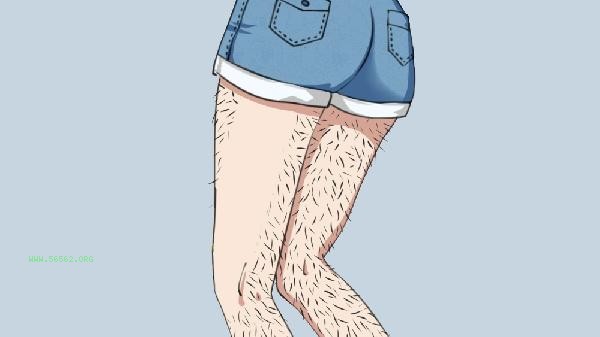

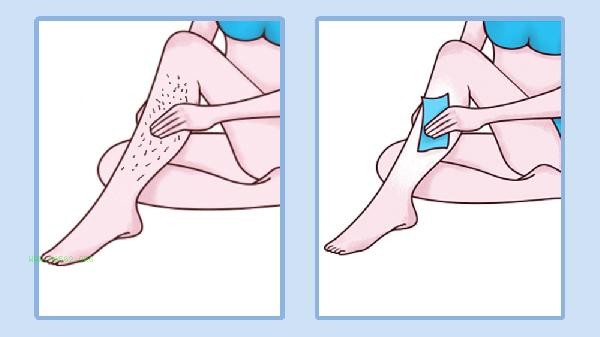
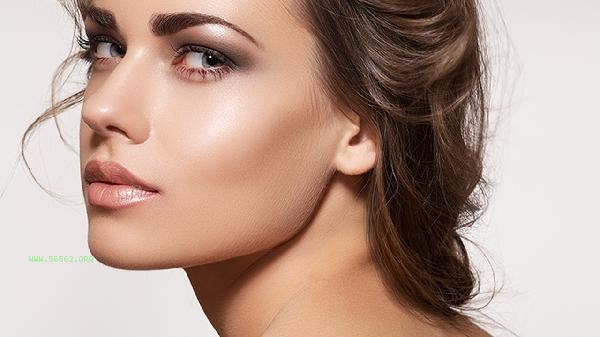
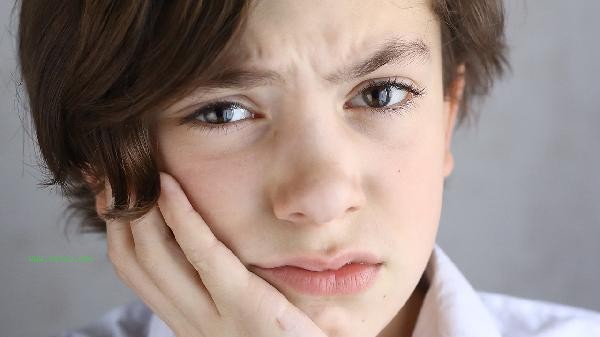


Comments (0)
Leave a Comment
No comments yet
Be the first to share your thoughts!